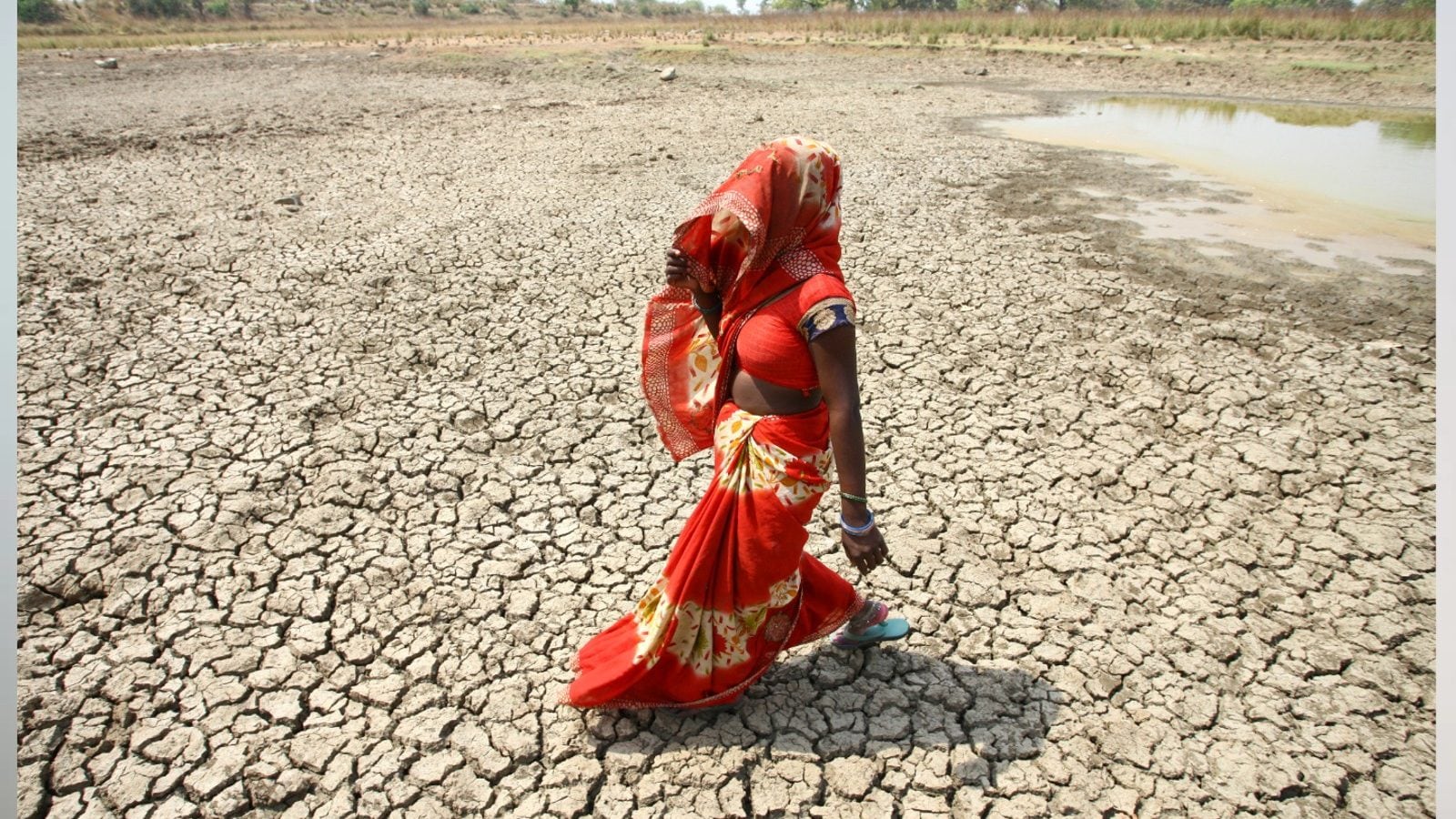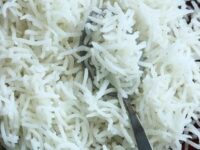Centre’s Health Advisory for Heatwave 2023

The Union health ministry has issued an advisory for the expected heatwave from March to May. The list of ‘Dos and Don’ts’ come amid India Meteorological Department issuing its first heat warning for 2023.
According to the National Disaster Management Authority, the number of states hit by such waves since 2015 more than doubled to 23 by 2020. India suffered its hottest March in more than a century last year, with severe heat waves ruining harvests and causing widespread power blackouts.
The health ministry, as part of national action plan on heat-related illness, has issued a guideline. The authorities have asked Indians to drink sufficient water whenever possible, even if you are not thirsty.
The citizens have to asked to use Oral Rehydration Solution (ORS), and consume homemade drinks like lemon water, butter milk/lassi, fruit juices with some added salt.
The ministry has also advised to wear thin, loose, cotton garments preferably light coloured ones, and cover head using umbrella, hat, cap, towel and other traditional head gears during exposure to direct sunlight.
The government further asked residents to listen to the radio, read newspaper and watch TV for local weather news. It also mentioned that people can track the India Meteorological Department’s website too.
Another advice by the health ministry stated that people stay indoors in well ventilated and cool places. “Block direct sunlight and heat waves: Keep windows and curtains closed during the day, especially on the sunny side of your house. Open them up at night to let cooler air in,” the advisory read.
“If going outdoor, limit your outdoor activity to cooler times of the day i.e., morning and evening. Reschedule or plan outdoor activities during cooler parts of the day,” the advisory further read.
The advisory also mentioned a group of “vulnerable citizens.” These include:
☀️ Infants and young children
☀️ Pregnant women
☀️ People working outdoors
☀️ People who have a mental illness
☀️ People who are physically ill, especially with heart disease or high blood pressure
☀️ People coming from cooler climate to a hot climate: If such persons are visiting during heatwave, they should allow one week’s time for their bodies to acclimatized to heat and should drink plenty of water. Acclimatization is achieved by gradual increase in exposure/physical activity in hot environment.
Before the summer months, February witnessed an abnormal rise in temperature this year. Shimla recorded highest ever maximum and minimum temperature recorded in February. IMD had forecast a heatwave-like condition in parts of Gujarat and Maharashtra-Goa region till February 21.
The healthy ministry asked people to avoid going out in the sun, especially between 12:00 noon and 3:00 pm. It said that citizens must avoid strenuous activities when out in the sun.
“Avoid cooking during peak summer hours. Open doors and windows to ventilate cooking area adequately. Avoid alcohol, tea, coffee and carbonated soft drinks or drinks with large amount of sugar as these actually, lead to loss of more body fluid or may cause stomach cramps,” the advisory read.
Indians have further been advised to avoid high-protein food and stale food. “Do not leave children or pets in parked vehicle. Temperature inside a vehicle could get dangerous,” the advisory read.
The Centre has asked people to watch out for symptoms of “heat stress”, which include dizziness or fainting; nausea or vomiting; headache, extreme thirst, decreased urination with unusually dark yellow urine, and rapid breathing and heartbeat.
The government has said that Indians should immediately call on 108/102 if they find someone with high body temperature; and is either unconscious, confused, or has stopped sweating.
Read all the Latest India News here

Atul Tiwari is a seasoned journalist at Mumbai Times, specializing in city news, culture, and human-interest stories. With a knack for uncovering compelling narratives, Atul brings Mumbai’s vibrant spirit to life through his writing.





